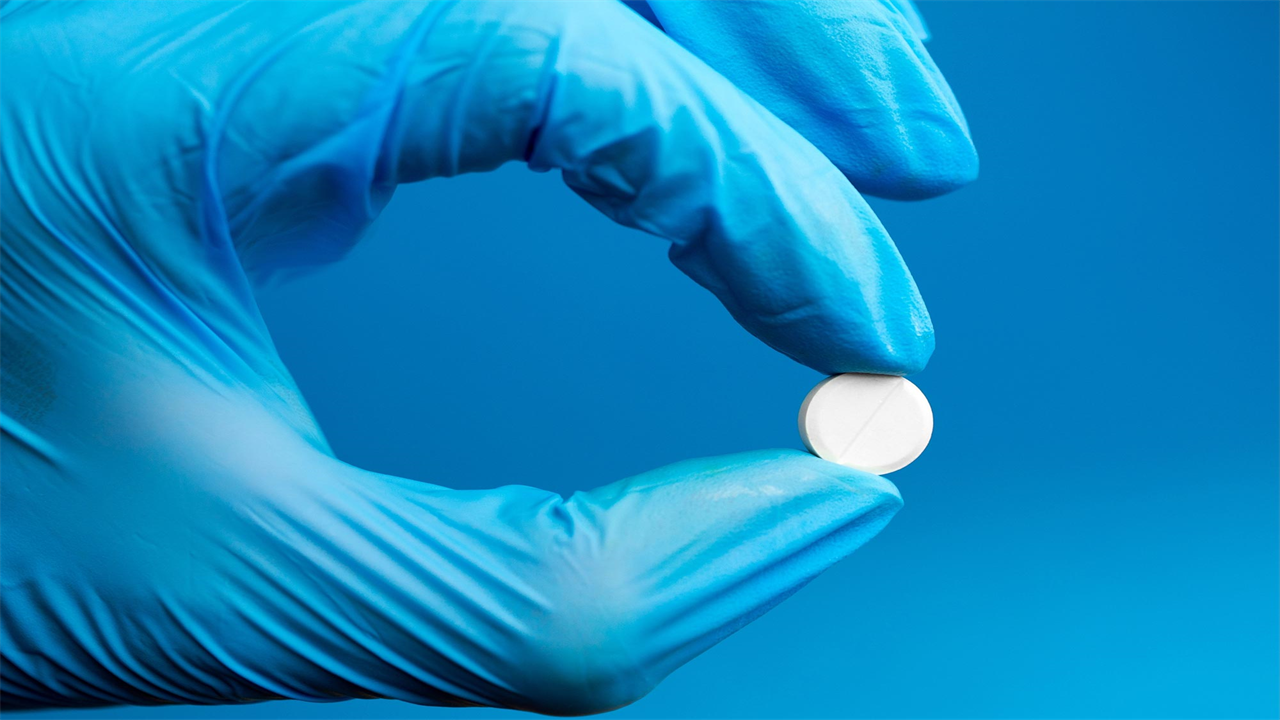Could a Simple Pill Beat COVID-19? Pfizer May Have a “Cure” by the End of the Year
0 View
Share this Video
- Publish Date:
- 5 June, 2021
- Category:
- Covid
- Video License
- Standard License
- Imported From:
- Youtube
Tags

While the focus has been largely on vaccines, you may have also heard that Pfizer is testing a pill to treat COVID-19.
It almost sounds too good to be true. The results are indeed very preliminary, but it is a promising approach.
While most of the antivirals we’ve tried to treat COVID-19 target the inflammatory and immune response resulting from infection, Pfizer’s pill targets SARS-CoV-2 directly — the virus itself.
Strengthening our defenses against the virus
Much of the illness associated with COVID-19 is due to the intense inflammatory and immune response that can occur with infection. The most successful treatments to date have targeted this overzealous immune response.
The inhaled corticosteroid budesonide, taken early in the disease, has been shown to reduce the development of more severe disease.
In people hospitalized with COVID-19 who need oxygen, the oral corticosteroid dexamethasone reduces the risk of death.
In the most severe cases – COVID patients admitted to the ICU – the intravenous administration of anti-inflammatory tocilizumab gives a person a better chance of survival.
But these treatments don’t target SARS-CoV-2 itself; only the effects of infection. Targeting the virus directly proves to be more difficult.
Targeting SARS-CoV-2
A virus like SARS-CoV-2 must enter a host cell to reproduce. It does this by using its spike protein (a protein on the surface of the virus) to attach itself to the cell, and then it uses the cell’s own proteins to get in.
Once inside the cell, SARS-CoV-2 removes its outer layer and releases its viral RNA (ribonucleic acid, a type of genetic material). This acts as a template, allowing the virus to replicate and then infect other cells. At any point in this life cycle, the virus can be vulnerable to intervention.
SARS-CoV-2 carries an enzyme, 3C-like protease (3CLpro), which plays a critical role in the replication process. This protease is almost identical to the protease used by the SARS-CoV-1 (SARS) virus and similar to the protease used by the Middle Eastern Respiratory Virus (MERS).
So a drug that can effectively target 3CLpro and prevent virus replication could prove beneficial against multiple known coronaviruses, and potentially all of those emerging in the future.
SARS-CoV-2 uses its spike protein to attach to a host cell.
Protease inhibitors have been used successfully to treat other viral infections, especially chronic infections such as HIV and hepatitis C.
They were put forth early in the pandemic as a possible treatment for COVID-19. But the HIV drug lopinavir-ritonavir was found to be ineffective in two clinical trials, with drug levels likely being too low to work against SARS-CoV-2. While a higher dose may be effective, it would also likely cause more side effects.
Scientists also proposed a repurposed antiviral drug, remdesevir, originally developed to treat Ebola. Remdesivir slows the virus’ ability to replicate its RNA.
Initial case reports looked promising, seeing the U.S. Food and Drugs Administration approve the drug for emergency use. But the results of randomized controlled trials in hospitalized patients with severe COVID-19 were disappointing.
Although there was a reduction in disease duration for patients who survived, this did not significantly reduce the risk of death.
Of course, none of these agents are specifically designed to target SARS-CoV-2. But in 2020, Pfizer/BioNtech identified a small molecule — PF-00835231 — that blocks the SARS-CoV-2 3CLpro protease. It was originally designed against SARS-CoV-1, but the enzyme in the two viruses is nearly identical.
PF-00835231, both alone and in combination with remdesevir, appears to reduce the replication of a range of coronaviruses, including SARS-CoV-2, in cells in the lab. It also reduced viral replication in a number of animal models, with no adverse safety signals. But it’s important to note that this research has not yet been peer-reviewed.
What now?
Pfizer/BioNtech are bringing two drugs into clinical trials for COVID-19: PF-07304814, an intravenous injection for use in patients hospitalized with severe COVID-19, and PF-07321332, an oral or pill, which may could be used earlier in the disease. Both are formulations of a 3CLpro inhibitor.
These Phase 1 trials, which began in March, represent the earliest phase of drug development. These studies select healthy volunteers and use different doses of the drugs to determine their safety. They also look at whether the drugs elicit sufficient responses in the body to indicate that they may be effective against SARS-CoV-2.
The next step would be phase 2 or 3 studies to see if they improve outcomes in COVID-19. This process usually takes years, but as the pandemic continues to rage worldwide, Pfizer says it will do so within months, if phase 1 trials are successful.
The application of antivirals in acute COVID-19 has been difficult and not rewarding. While the results are preliminary at this stage, these Pfizer/BioNtech products are promising. They can be used early in the disease, especially in people who are poorly protected by vaccination or in people who have not been vaccinated.
They can also be used as a preventative to contain outbreaks in exposed people. They should be effective against all SARS-CoV-2 variants of concern, as well as other known and potentially emerging coronaviruses.
The recent suggestion by the CEO of Pfizer that the pill could be available by the end of the year is probably a gamble. But the pandemic has shown us what is possible in terms of rapid scientific progress, and we will be following this space with interest.
Written by Peter Wark, Conjoint Professor, School of Medicine and Public Health, University of Newcastle.
Originally published on The Conversation.










